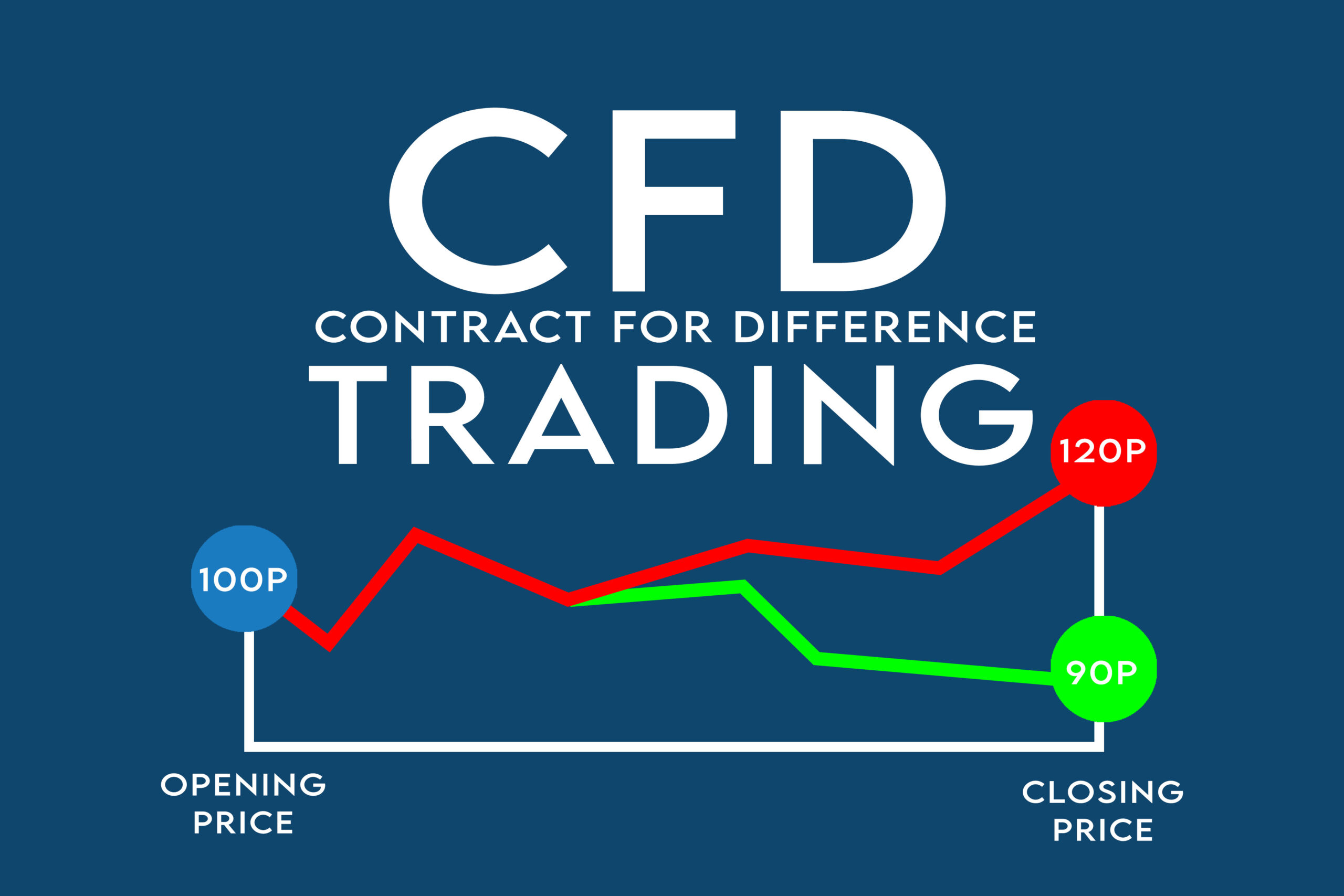The Impact of Emotion on Stock Market Investments
Investing in the stock market is a practice that demands more than just analytical skills and knowledge of the market trends. It requires a deep understanding of how emotions can influence decision-making, often leading to unpredictable results. This article delves into the psychological aspects of trading, focusing on how emotions like fear, greed, and overconfidence can affect stock market behavior.
The Role of Emotion in Trading Decisions
Stock market investing is not only a logical exercise but also a psychological one. Investors frequently face emotional challenges that can cloud their judgment and lead to irrational behavior. These emotions can be triggered by various factors, such as market volatility, news, or personal financial situations. As a result, traders might make hasty decisions driven by emotions rather than sound reasoning, often leading to losses.
Fear
Fear is one of the most prominent emotions that traders face, especially when the market experiences significant fluctuations. Fear can manifest in several ways: the fear of losing money, the fear of missing out (FOMO), or the fear of making a wrong decision. When fear takes over, investors are more likely to sell their positions too early during a downturn, missing potential recovery opportunities. This can result in selling low and buying high, which is the opposite of the optimal investment strategy.
Greed
Greed is another powerful emotion that often leads to impulsive actions. In the context of investing, greed manifests when traders chase after quick profits without properly evaluating the risks. Investors driven by greed may overlook the long-term potential of an asset in favor of short-term gains, leading to excessive risk-taking. This can cause them to hold onto positions that are no longer viable or invest in assets with inflated valuations. In both cases, the end result can be a significant financial loss.
Overconfidence
Overconfidence is common among experienced traders who have had a few successful trades. This feeling of invincibility can lead to poor judgment, as traders may take on larger risks than they would normally consider. Overconfident traders often ignore market indicators or dismiss advice from others because they believe their success is solely due to their own skills, not external factors. This mindset can lead to substantial losses when the market behaves unpredictably.
How to Manage Emotions in Stock Trading
While it’s impossible to eliminate emotions entirely from trading, there are strategies investors can use to manage and mitigate their impact.
1. Establish a Clear Plan
A well-structured trading plan can serve as a roadmap for decision-making, helping investors stay grounded during emotionally charged situations. This plan should include clear goals, risk management rules, and predefined entry and exit points. Having a plan in place can reduce the chances of emotional decisions and prevent impulsive actions driven by fear or greed.
2. Use Stop-Loss Orders
Stop-loss orders are essential tools for managing risk and controlling emotional reactions. These orders automatically sell a stock if its price falls below a certain level, limiting potential losses. By using stop-loss orders, investors can prevent themselves from holding onto a losing position in the hopes that the market will turn around, a behavior that is often driven by fear or greed.
3. Practice Emotional Detachment
One of the key strategies in managing emotions is to detach oneself from the outcome of individual trades. Instead of focusing on short-term gains or losses, investors should maintain a long-term perspective. This mindset helps to reduce emotional reactions to daily market fluctuations and can prevent investors from making knee-jerk decisions.
4. Regularly Review and Reflect
Another way to manage emotions in trading is by regularly reviewing and reflecting on past trades. This can help investors identify patterns in their decision-making and emotions. By understanding when they tend to act impulsively or get swayed by certain emotions, investors can develop better self-awareness and avoid repeating mistakes.
5. Diversify Your Portfolio
Diversification is an effective way to minimize risk and reduce emotional stress. When an investor’s portfolio is well-diversified, the emotional impact of market volatility is lessened because the risk is spread across different asset classes. This allows traders to focus on the overall growth of their portfolio rather than getting fixated on the performance of individual stocks.
The Importance of Emotional Intelligence in Trading
Emotional intelligence (EQ) is a crucial aspect of successful investing. EQ refers to the ability to recognize, understand, and manage one’s own emotions as well as the emotions of others. In the context of trading, a high level of emotional intelligence helps investors remain calm under pressure and make more rational decisions, even when the market is volatile.
By developing emotional intelligence, traders can better cope with stress and avoid making decisions based on fleeting emotions. This not only improves their ability to manage risks but also enhances their ability to take calculated risks, which is vital for long-term success in the stock market.
Conclusion
Investing in the stock market is as much about managing emotions as it is about analyzing trends and data. Emotional responses such as fear, greed, and overconfidence can significantly impact trading behavior, leading to costly mistakes. However, by implementing strategies like having a clear plan, using stop-loss orders, practicing emotional detachment, and developing emotional intelligence, investors can better manage their emotions and make more rational, informed decisions. The key to successful stock market investing lies not just in understanding the numbers but also in mastering the psychological aspects that drive decision-making.










